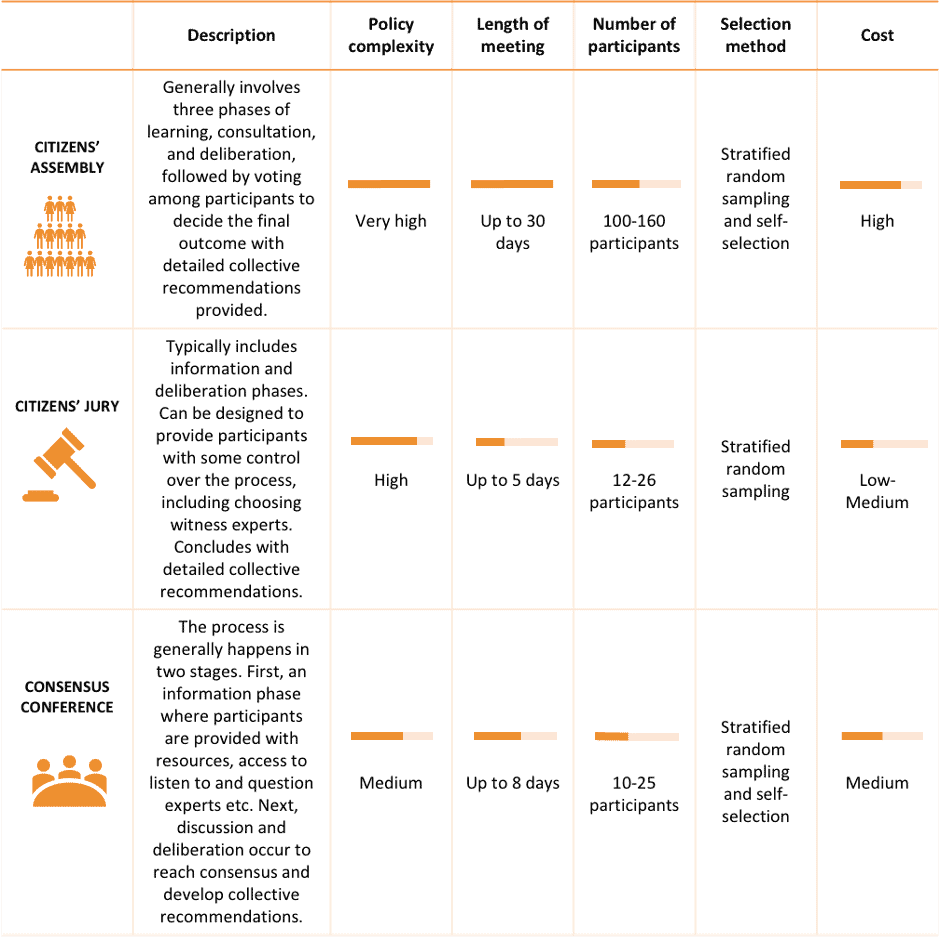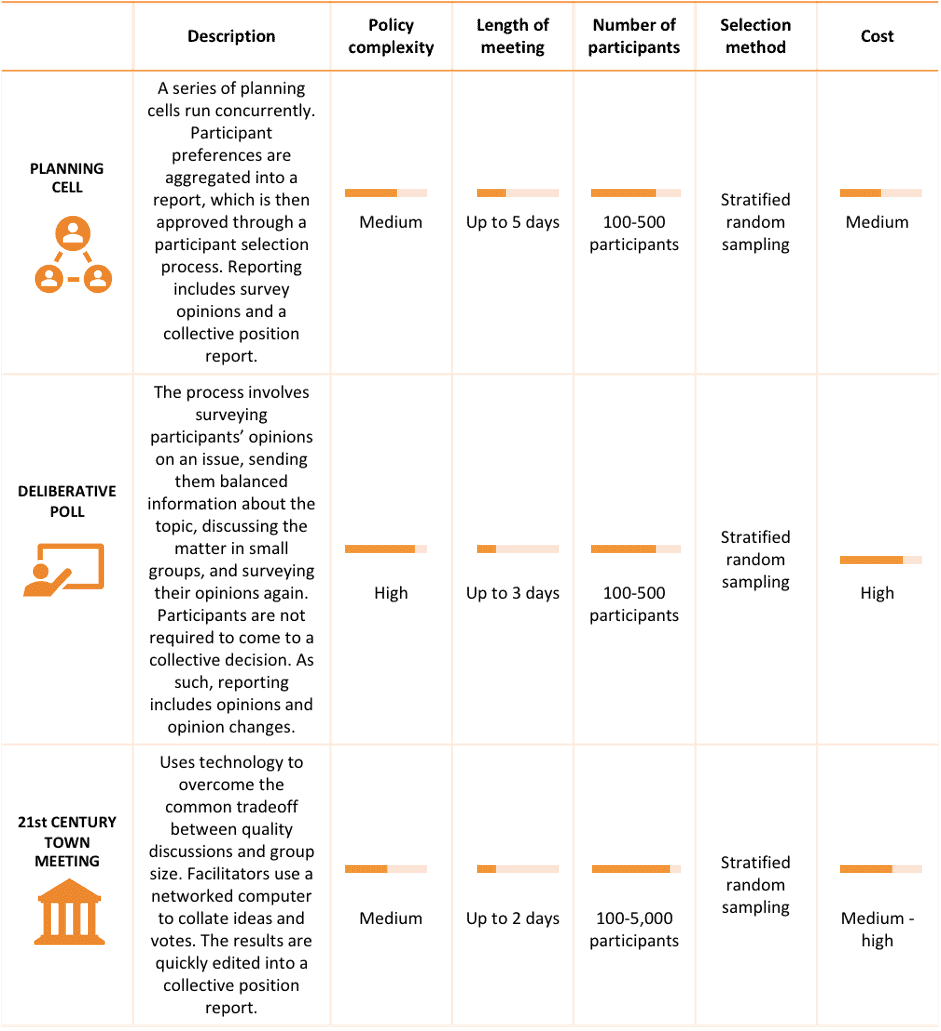Are you looking for more meaningful and representative engagement with your community? If so, then deliberative engagement might be the path forward for you. Now mandated for councils under the Victorian Local Government Act (2020), we predict that deliberative engagement will gain momentum across the public, private and not-for-profit sectors. As such, we’re sharing our learnings and insights to help for-purpose organisations get up to speed with methods for more robust and effective community engagement.
The Local Government Act (2020)
The Local Government Act 2020 (Act) provides an updated framework for the establishment and operation of councils in Victoria. The Act has brought about a number of significant changes for local government, one of which is the introduction of deliberative engagement.
Community engagement policy and principles
The Act requires councils to adopt, maintain and implement a community engagement policy. This policy and all community engagement activities must also align with the following principles:
Deliberative engagement
As well as outlining community engagement principles, the Act requires councils to undertake deliberative engagement in certain circumstances e.g. when developing the Community Vision and Council Plan. As well as incorporating the community engagement principles outlined above, deliberative engagement can be defined by:
Ultimately, deliberative engagement is about meaningful, representative engagement, whereby participants are informed, supported and given sufficient time to gather information, critically assess it and come to a decision. Further detail on specific deliberative engagement methodologies can be found on the next two pages.
Deliberative engagement in practice
Our preferred approach to deliberative engagement starts with a co-design phase, in which we determine the most suitable method for the project. From there, we set-up and implement the chosen method, which generally includes recruitment of participants, coordination and facilitation of the engagement activities, and write-up and analysis.
The following table provides a summary of the different types of deliberative engagement models commonly used in Australia. The most appropriate deliberative engagement method will depend on the complexity of the policy question as well as the available time, participants and resources.
Recognition that the voices of community members and people with lived experience must be heard and must be central is growing. This is evidenced by new power movements (e.g. Me Too and Black Lives Matter), alongside major systems change (e.g. the implementation of the NDIS). As such, we see deliberative engagement as a key consultation approach for impact-led teams and organisations now and into the future. If you’re keen to share your experiences with deliberative engagement or curious to learn more about it, feel free to get in contact with us at info@sparkstrategy.com.au.






0 Comments